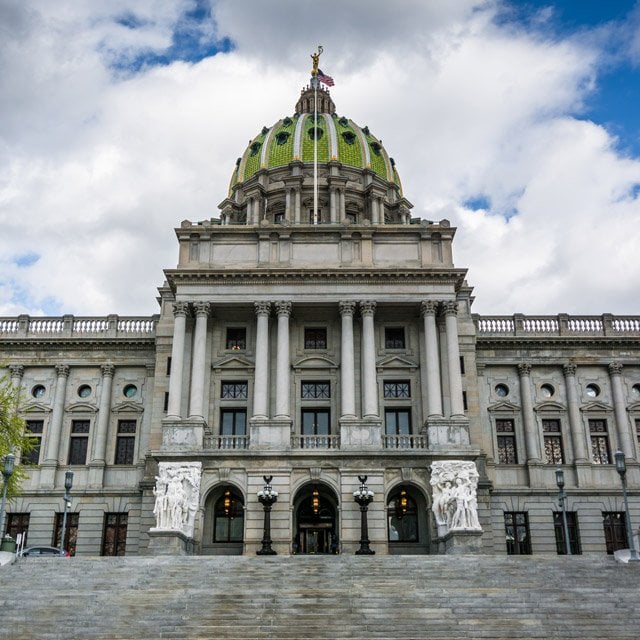Auto-IRA Bill Advances in Pennsylvania Legislature

Additionally, the co-sponsors argue, lower consumer spending by retirees over this same time is estimated to cost the state roughly $1.4 billion in reduced tax collections, putting additional pressures on the state’s finances.
In a House debate about the bill, opposing members warned that the legislation could impose an undue burden on resource-strapped small businesses. Others argued cash-strapped employees might not be able to afford to save for retirement in the workplace.
Supporters counter that Keystone Saves is designed to maximize employee choice and control while minimizing any burden on employers. Under the text of the bill, employees can set their own contribution levels, increase or decrease their deductions, make investment choices, leave the program at any time, or even opt out altogether.
The co-sponsors say the bulk of administration and management activities will be borne by the state’s Treasury Department “working with a private sector, third-party administrator and investment managers, just as is done in our highly acclaimed 529 College and Career Savings Program.”
Keystone Saves also includes a four-year phase-in period, supporters say, providing “a common-sense approach which allows businesses to plan ahead.”
Pictured: The Pennsylvania State Capitol. (Image: Adobe Stock)




